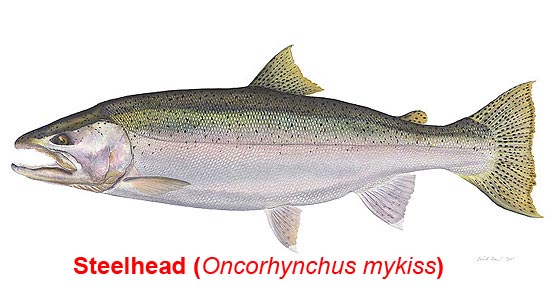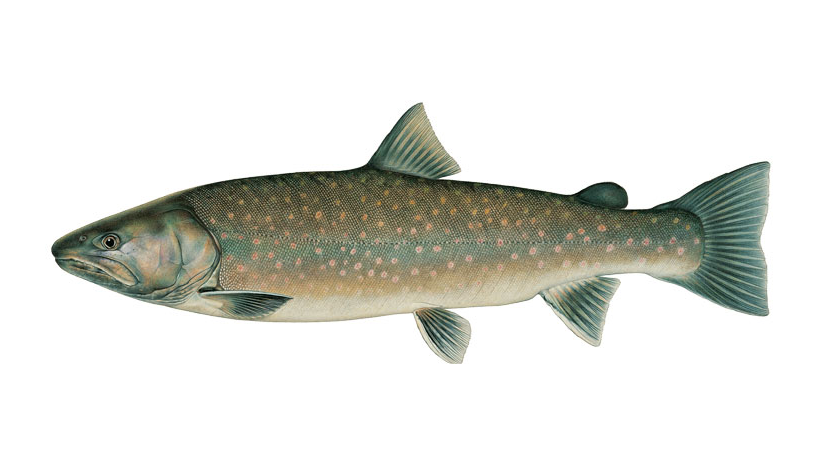About Landscape Genetics
What is Landscape Genetics?
Landscape genetics is the study of the influence of the landscape or environmental features on the genetic diversity of populations. Landscape genetics offers an important new tool to aid researchers in better understanding salmonids' genetic connectivity and to further help conserve several endangered and threatened species.
What is Landscape Genomics?
Landscape geonomics is landscape genetics with many markers often in adaptive genes and with samples of individuals across environmental gradients to study both neutral and adaptive patterns and processes (e.g., infer adaptive capacity, adaptive differentiation and gene flow).
What does landscape genetics/genomics have to offer vulnerability assessments?
Landscape genomics has tremendous power to greatly inform vulnerability assesments (VAs) through increased understanding of the impact of enviroment (e.g., climate and habitat) on genetic diversity. Currently, it is not well understood how much enviromental factors directly affect genetic connectivity (genetic exchange between populations) and local adaptation (e.g., increased survival in repsonse to local climate conditions). Together, these fundemental genetic processes act together to ensure that salmonids can adapt to future environmental change and fluctuations in population numbers. Overall, higher levels of geneitc diversity equate to higher viability and less vulenerabilty in the face of impending climate and habitat change.


